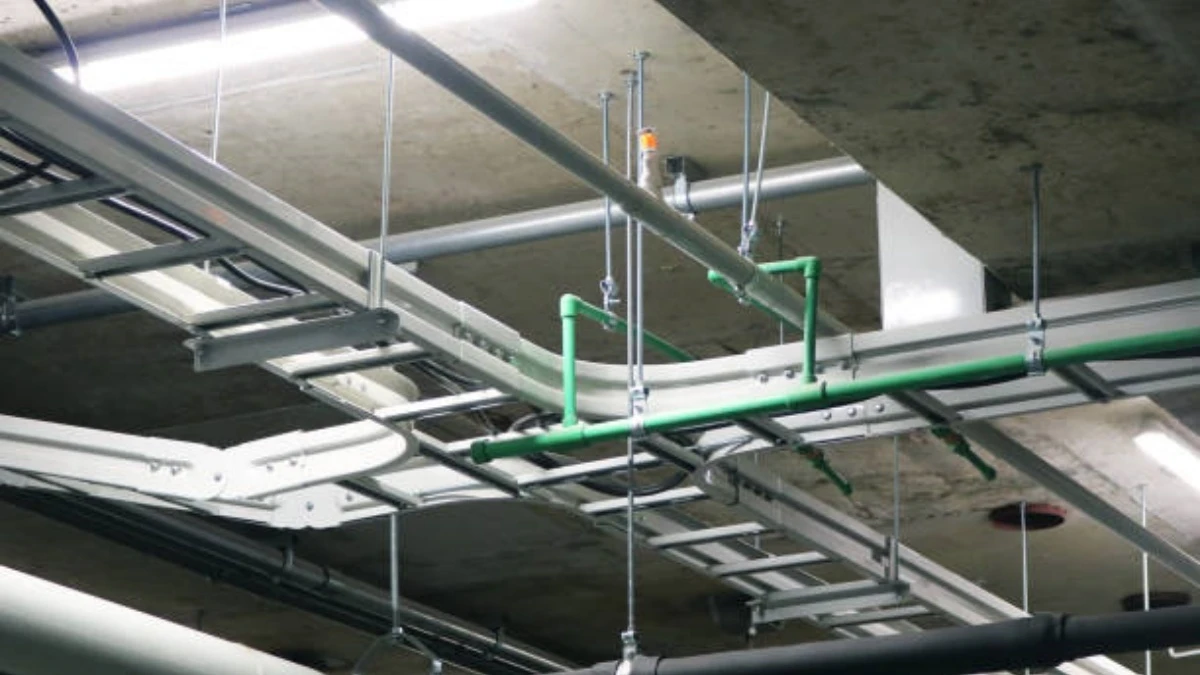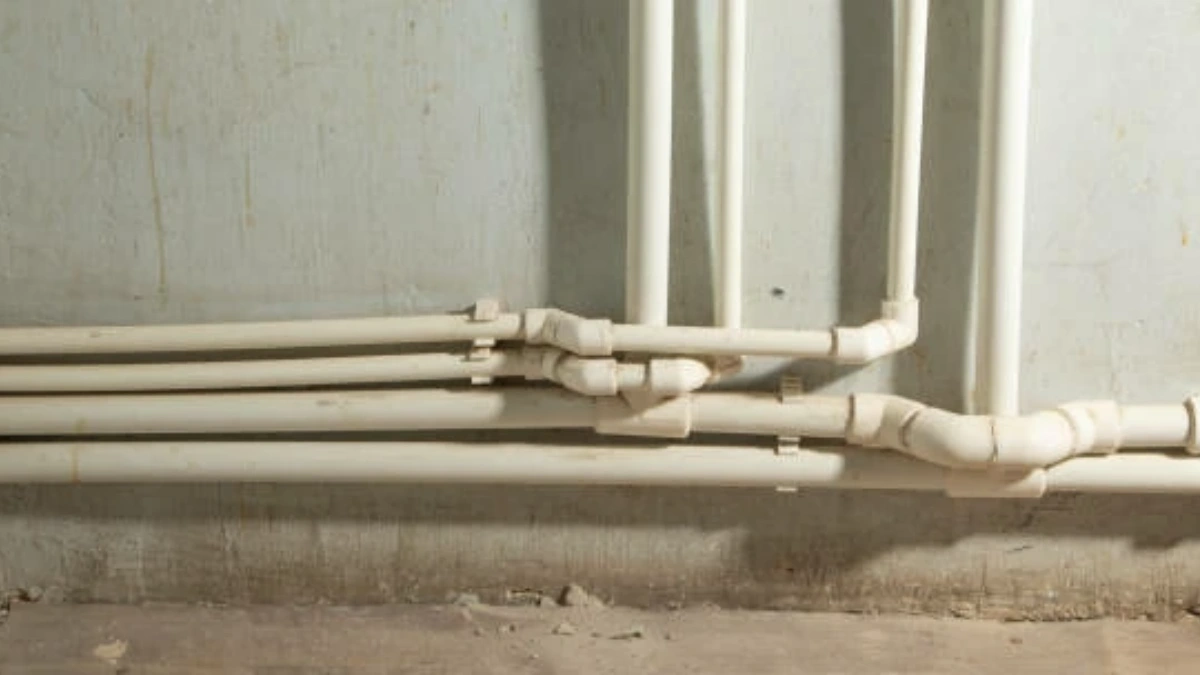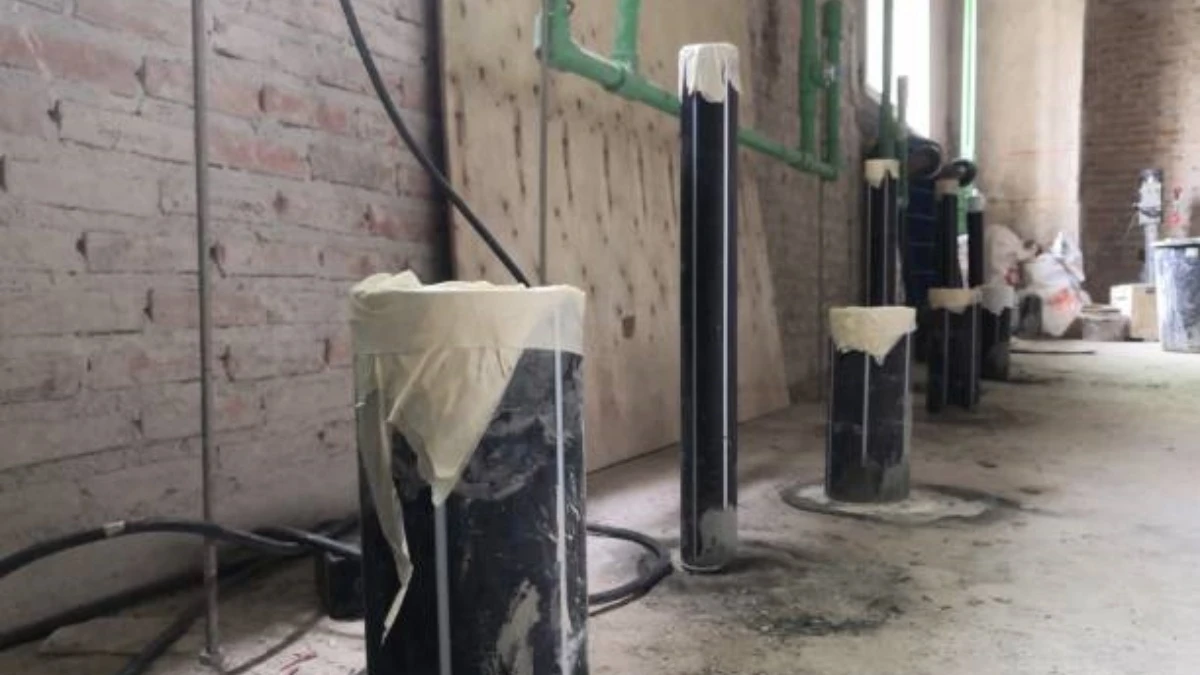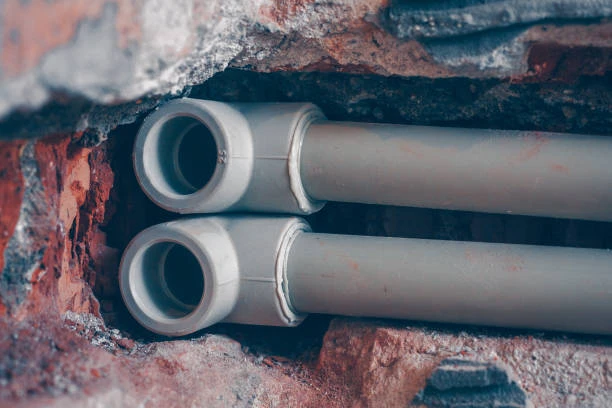Thames Water recently issued an apology following a significant disruption to the water supply in High Wycombe. The problem was traced back to a defective valve that caused a widespread water outage, leaving many households and businesses without a reliable water source for several hours. The incident raised concerns about the reliability of water infrastructure and the steps needed to prevent similar failures in the future. In this article, we’ll delve into the details of what happened, why it occurred, how Thames Water handled the situation, and what residents can expect going forward.
What Happened in High Wycombe?
A Defective Valve Causes a Major Disruption
The water outage in High Wycombe was attributed to a defective valve in the local water distribution system. Valves are essential components of water networks, as they control the flow and distribution of water to various parts of the community. When one of these valves malfunctions, it can disrupt service to large areas.
In this case, the valve malfunction caused a blockage or improper flow of water, resulting in a total loss of water supply for many homes and businesses in the area. Thames Water quickly identified the issue and set out to repair it, but the nature of the failure meant that restoration took several hours.
Emergency Response and Repairs
Thames Water responded swiftly to the defective valve problem, deploying maintenance teams to the site immediately. They worked around the clock to repair or replace the faulty valve, and water service was gradually restored as repairs progressed. Despite these efforts, the disruption affected residents and businesses, and Thames Water acknowledged the inconvenience caused.
The company kept the public informed with regular updates, including estimated times for service restoration, and confirmed that water quality remained safe despite the disruption.
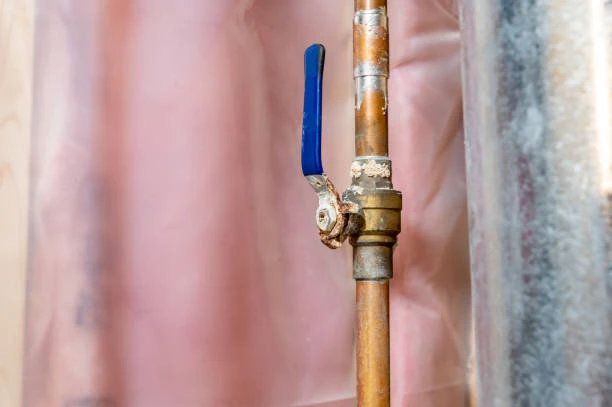
The Role of Water Valves in Municipal Systems
What Are Water Valves?
Water valves are crucial components in municipal water systems. They regulate the flow and pressure of water throughout the network, allowing for better control of the water supply. A defective valve can lead to a wide range of issues, from local water outages to potential contamination risks.
Types of Water Valves
- Gate Valves: Used to control the flow of water and are commonly employed to shut off or allow water flow in different parts of the system.
- Ball Valves: Known for their quick on/off capabilities, these valves are used in applications where rapid changes in water flow are needed.
- Check Valves: Designed to prevent backflow, these valves are essential in maintaining the correct direction of water flow.
- Pressure Relief Valves: These valves help maintain the correct water pressure in the system, preventing potential damage to infrastructure.
Why Do Valves Fail?
The failure of a defective valve can happen for several reasons:
- Ageing Infrastructure: Over time, the wear and tear on valves can lead to cracks, corrosion, or complete failure.
- Pressure Fluctuations: Water systems experience fluctuating pressures, which can strain the valves, causing them to malfunction.
- Improper Maintenance: A lack of routine inspections and maintenance can allow minor issues to escalate into larger failures.
- Environmental Factors: Extreme weather conditions, such as freezing temperatures or flooding, can also impact the performance of water valves.
The Impact of the Outage on High Wycombe
Affected Areas
The water outage affected multiple areas within High Wycombe, leaving thousands of residents without water for a prolonged period. This disruption impacted daily activities such as cooking, cleaning, and personal hygiene. For businesses, particularly those in the hospitality sector, the outage posed a significant challenge, disrupting operations and customer services.
Health and Safety Concerns
During the outage, Thames Water assured residents that there were no health or safety concerns related to the water supply, as the water quality remained unaffected despite the valve malfunction. However, the loss of water pressure raised concerns about potential contamination risks, prompting some residents to take extra precautions by boiling their water for drinking and cooking until the issue was fully resolved.
Communication with Residents
Thames Water made efforts to keep the public informed through text alerts, social media, and updates on their website. The company communicated the progress of the repairs, provided estimated timelines for service restoration, and offered advice on how to cope with the outage. Thames Water’s response helped to reassure residents, even though the disruption was inconvenient.
Thames Water’s Apology and Customer Support
A Public Apology
In response to the outage, Thames Water issued a formal apology to the affected customers in High Wycombe. The company acknowledged the frustration caused by the disruption and assured residents that they were taking steps to prevent similar incidents in the future. The apology highlighted the company’s commitment to improving the resilience of its water infrastructure and ensuring that reliable water service is restored quickly after any service disruption.
Compensation for Affected Customers
To further address the concerns of affected residents, Thames Water offered compensation to those impacted by the water outage. The compensation was part of the company’s broader efforts to maintain customer satisfaction and provide financial relief to households and businesses affected by the disruption. Details of the compensation process were provided through the company’s customer service channels.
How Thames Water Plans to Prevent Future Valve Failures
Infrastructure Upgrades
In response to the defective valve incident, Thames Water committed to reviewing its infrastructure and investing in more reliable components. The company plans to replace old or damaged valves, conduct regular inspections. And invest in advanced technology to monitor the condition of valves in real-time.
Preventative Maintenance Programs
Thames Water has also promised to enhance its preventative maintenance programs to reduce the risk of future disruptions. These programs will include more frequent inspections, timely valve replacements. And better pressure monitoring to identify potential issues before they lead to failures.
Real-Time Monitoring and Early Detection
To further improve response times and prevent future failures, Thames Water is investing in smart water management systems. These systems will provide real-time data on the condition of the water distribution network. Which allowing the company to detect problems like pressure drops or defective valve issues much sooner, potentially avoiding large-scale outages.
Conclusion
The recent water outage in High Wycombe caused by a defective valve highlighted the challenges that utility companies face in maintaining aging infrastructure. While Thames Water responded promptly and effectively to resolve the issue, the disruption caused inconvenience to many residents and businesses in the area. Moving forward, the company’s plans to upgrade infrastructure, enhance preventative maintenance. And implement smart monitoring systems will help ensure that such incidents are less likely to occur in the future.
The apology issued by Thames Water and their offer of compensation demonstrate the company’s commitment to customer satisfaction and maintaining trust within the community.
FAQs
1. What caused the water outage in High Wycombe?
The water outage in High Wycombe was caused by a defective valve in the local water distribution system. Which disrupted the flow of water to several areas.
2. How did Thames Water handle the situation?
Thames Water responded by quickly identifying the issue, deploying maintenance teams to repair the valve, and providing regular updates to affected residents.
3. How can I ensure the water in my home is safe during a water disruption?
During a water outage, it’s advisable to boil water before use for drinking, cooking, and personal hygiene until the water service is restored and confirmed safe.
4. What is a defective valve, and how does it affect the water system?
A defective valve can fail to control water flow properly, causing pressure drops, disruptions, or contamination risks. It’s a critical component for regulating water distribution and pressure.
5. Will Thames Water compensate customers affected by the outage?
Yes, Thames Water offered compensation to affected customers as part of their effort to address the inconvenience caused by the outage and maintain customer satisfaction.
How did this project contribute to operational savings and environmental impact?
How This Project Led to Operational Savings and Environmental Benefits
The project strategically employed trenchless technologies, which offer a distinct advantage by minimizing their carbon footprint. These innovative methods deliver significant operational savings in several ways:
- Time Efficiency: By reducing the time needed for setup and execution, trenchless methods speed up project timelines, allowing for quicker completion compared to traditional techniques.
- Labor and Cost Reduction: Fewer personnel hours are required, leading to substantial reductions in labor costs. Additionally, the minimized need for surface disruption and restoration lowers overall expenses.
- Minimal Disruption: The approach significantly lessens disruption to the surrounding environment and community, maintaining daily life and commerce with minimal interference.
From an environmental standpoint, adopting trenchless technologies also yields impressive benefits:
- Reduced Carbon Emissions: With less machinery and equipment require, greenhouse gas emissions are considerably lowere, supporting a greener initiative.
- Less Waste Production: The need to excavate large volumes of earth is bypasse, cutting down the amount of waste generate and reducing the impact on the natural landscape.
Overall, the project not only curtailed operational costs but also played a pivotal role in promoting environmental sustainability, enhancing the quality of life for everyone.
What recognition did the project receive for its environmental benefits?
This project received significant recognition for its environmental impact by winning the UKSTT Environmental Award in 2022. The use of trenchless technologies not only minimized carbon emissions, but also led to operational efficiencies in time, labor, and costs. Additionally, it reduced disruption and enhanced overall quality of life, earning the accolades for its contribution to sustainable practices.

